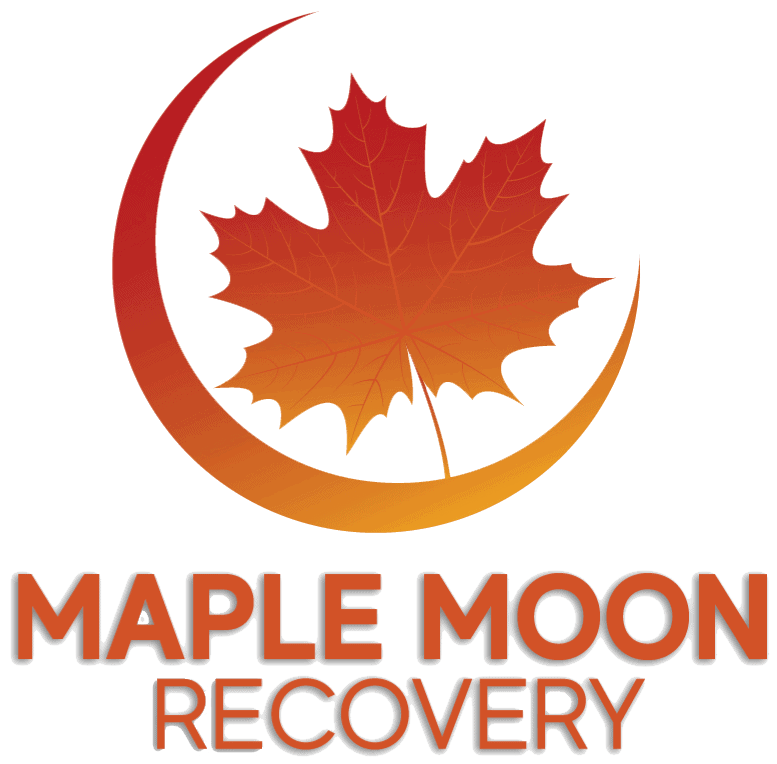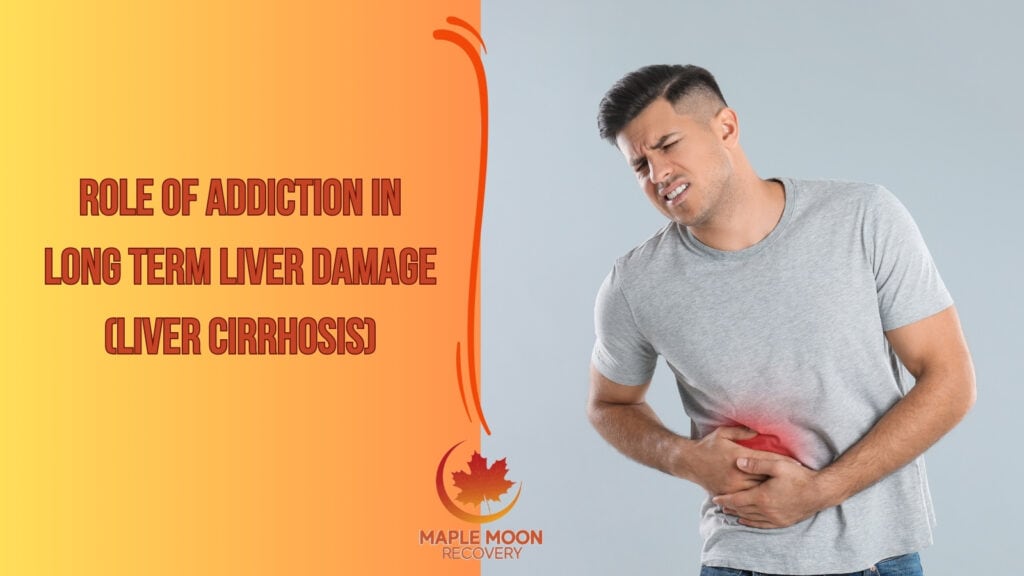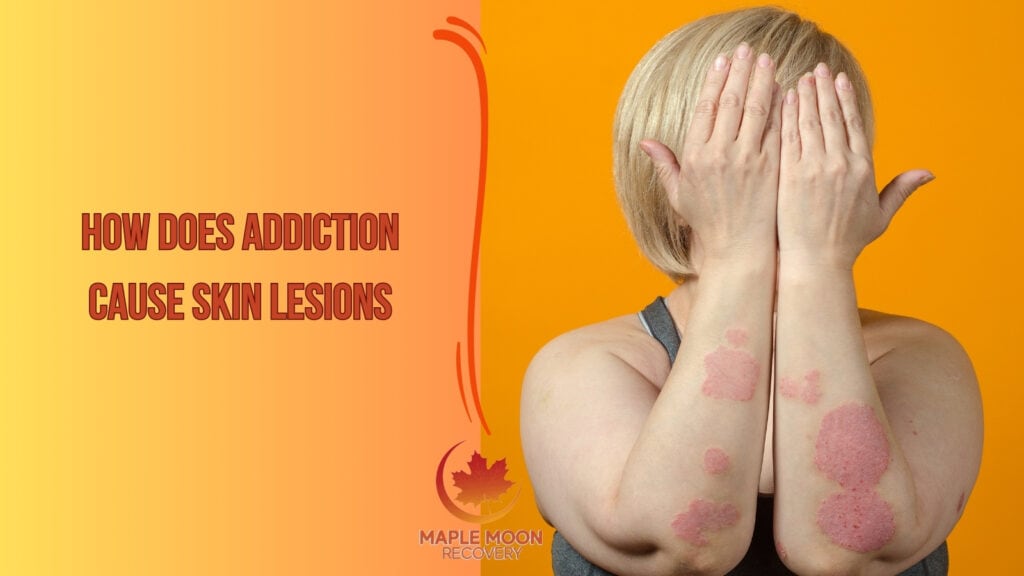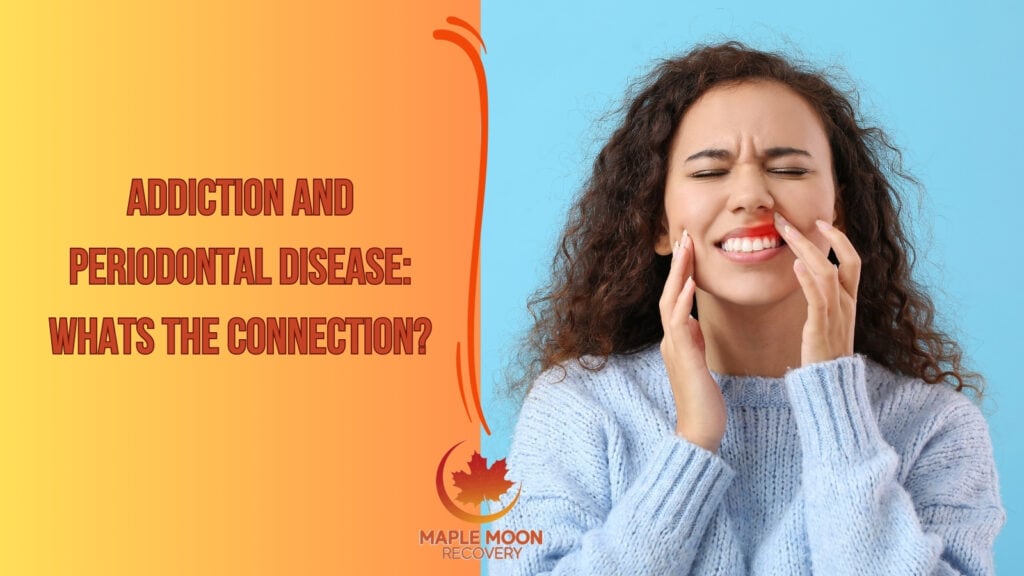Addiction presents a significant challenge, impacting not only those who struggle with it but also their families and friends who witness its effects. In the complex journey of addiction recovery, Medication-Assisted Therapy (MAT) has emerged as a crucial tool, offering a ray of hope for many.
This article aims to delve into the realm of MAT, highlighting its significant role in aiding individuals battling addiction. MAT stands for more than just a treatment method; it represents a vital support system for those feeling overwhelmed by addiction’s powerful hold.
Our focus is to provide an insightful look into what MAT involves, its role in the recovery process, and its impact on those who have embraced this path. The experiences shared here are intended to shed light on the resilience and strength that can be fostered through this approach, offering encouragement and understanding to those navigating the complexities of addiction.
Understanding Medication-Assisted Therapy (MAT)
To fully appreciate the impact of Medication-Assisted Therapy (MAT) on addiction recovery, it’s essential to understand what MAT is and how it functions as a crucial component of comprehensive addiction treatment.
A. Defining MAT
At its core, MAT is a medically-supervised approach to addiction treatment that combines FDA-approved medications with therapy and counseling to address substance use disorders. The primary goal of MAT is to help individuals reduce cravings, manage withdrawal symptoms, and prevent relapse as they work towards lasting recovery.
B. How MAT Works
MAT typically involves the use of medications that are specifically designed to target the brain’s neurochemistry, helping to restore balance and reduce the intense cravings associated with addiction. These medications can be used in the treatment of various substance use disorders, including opioid, alcohol, and tobacco addiction.
- Opioid Use Disorder: For individuals struggling with opioid addiction, MAT often includes medications like methadone, buprenorphine, or naltrexone. These medications interact with opioid receptors in the brain, reducing cravings and withdrawal symptoms.
- Alcohol Use Disorder: MAT for alcohol addiction may involve medications such as acamprosate or disulfiram, which help individuals abstain from alcohol or manage cravings more effectively.
- Tobacco Use Disorder: MAT options for tobacco addiction include nicotine replacement therapies like nicotine gum, patches, or prescription medications like varenicline.
C. Addressing Misconceptions
Despite its effectiveness, MAT can sometimes be met with skepticism or misunderstanding. Common misconceptions include concerns that MAT simply replaces one addiction with another or that it’s a “quick fix” for a complex issue. However, it’s important to clarify that MAT is an evidence-based approach, backed by extensive research and clinical support.
MAT aims to stabilize individuals in their recovery journey, allowing them to focus on therapy, counseling, and the development of coping skills necessary for long-term success. The ultimate goal is not just abstinence from substances but the holistic well-being and improved quality of life of those in recovery.
In the next sections of this blog post, we will delve deeper into the role of MAT in addiction recovery and share personal success stories of individuals who have experienced the transformative power of MAT at Maple Moon Recovery Addiction Treatment Center. These stories will highlight how MAT provides hope and a path to breaking free from the chains of addiction.

The Role of MAT in Addiction Recovery
Medication-Assisted Therapy (MAT) plays a pivotal role in the landscape of addiction recovery, offering a multifaceted approach that addresses both the physiological and psychological aspects of addiction. Let’s delve deeper into how MAT contributes to the journey of recovery and why it’s considered a valuable tool in the battle against addiction.
A. A Holistic Approach to Recovery
Addiction is a complex and multifaceted issue that affects every aspect of an individual’s life – physically, mentally, emotionally, and socially. MAT recognizes this complexity and addresses it comprehensively.
- Reducing Cravings and Withdrawal Symptoms: MAT medications target the brain’s reward system, helping to reduce the overpowering cravings and distressing withdrawal symptoms that often lead to relapse. This stabilization allows individuals to focus on their recovery journey.
- Creating a Stable Foundation: By providing a stable foundation, MAT enables individuals to engage more effectively in therapy, counseling, and the development of coping strategies. It’s like building a sturdy bridge from addiction to recovery.
B. Preventing Relapse
Relapse is a common and challenging aspect of addiction recovery. However, MAT has been shown to significantly reduce the risk of relapse, providing individuals with a better chance of maintaining sobriety.
- A Lifeline During Crises: During times of high stress or triggers, individuals on MAT are less likely to turn to their substance of choice, as MAT medications block or reduce the pleasurable effects of the substance.
- Long-Term Recovery Support: MAT can be continued over the long term, offering ongoing support for maintaining sobriety and preventing relapse, even after the initial acute phase of treatment.
C. Customized Treatment Plans
One of the strengths of MAT is its flexibility. Treatment plans are tailored to the unique needs of each individual, ensuring that they receive the right medication at the right dosage.
- Personalized Care: MAT isn’t a one-size-fits-all approach. It takes into account an individual’s medical history, the substance they’re addicted to, and their specific needs, allowing for highly personalized care.
- Continual Assessment: MAT treatment plans are continually assessed and adjusted as necessary to optimize their effectiveness. This adaptability is key in achieving successful outcomes.
The Impact of MAT on Families
Addiction is often described as a family disease because its effects ripple far beyond the individual who is struggling. When a loved one embarks on the journey of recovery through Medication-Assisted Therapy (MAT), it not only transforms their life but also profoundly influences the lives of their family members. In this section, we explore how MAT positively affects families, offering them hope, healing, and the promise of brighter days ahead.
A. Relief and Hope
For families who have witnessed their loved one’s painful battle with addiction, the introduction of MAT can bring a sense of relief and renewed hope.
- Reducing Family Stress: MAT’s ability to stabilize individuals in recovery can lead to a decrease in family stress and anxiety. No longer are family members constantly on edge, worried about their loved one’s well-being.
- Restoring Family Bonds: As the addicted individual begins to regain control of their life through MAT, family relationships can heal and strengthen. Communication improves, and trust is rebuilt.
B. Improved Quality of Life
MAT doesn’t just benefit the individual in recovery; it enhances the overall quality of life for the entire family unit.
- Emotional Well-Being: With their loved one on the path to recovery, family members experience reduced emotional turmoil. The constant fear and worry gradually give way to hope and optimism.
- Reclaiming Normalcy: Families can start to regain a sense of normalcy that may have been absent during the height of addiction. Simple pleasures like family gatherings and shared moments become possible again.
C. Breaking the Cycle of Addiction
MAT represents an opportunity to break the cycle of addiction that may have plagued the family for generations.
- Ending the Generational Cycle: MAT can interrupt the intergenerational transmission of addiction, offering a chance for children and future generations to grow up in healthier, addiction-free environments.
- Education and Support: Family members involved in their loved one’s MAT treatment often receive education and support, equipping them with the tools to understand addiction better and contribute to the recovery process.
D. Hope for the Future
One of the most significant impacts of MAT on families is the restoration of hope for a brighter future.
- Seeing the Possibility of Recovery: Families witness firsthand that recovery is not an elusive dream but a tangible reality. This newfound hope can be a source of inspiration and motivation for all.
- A Unified Journey: MAT often brings families closer together as they navigate the complexities of addiction and recovery as a team. The shared goal of supporting their loved one’s recovery strengthens bonds and fosters resilience.
In conclusion, MAT is not just a treatment modality; it is a beacon of hope that illuminates the path to recovery for both individuals and their families. It breaks the chains of addiction, nurtures healing, and offers the promise of a brighter tomorrow. In the next sections of this blog post, we will delve deeper into the transformative power of MAT through the personal success stories of individuals who have found hope and freedom at Maple Moon Recovery Addiction Treatment Center. These stories serve as a testament to the resilience of the human spirit and the potential for lasting recovery.
Overcoming Stigma
While Medication-Assisted Therapy (MAT) has proven to be an effective and life-saving tool in addiction recovery, it often faces unwarranted stigma and misunderstanding. In this section, we’ll address some common misconceptions about MAT and emphasize the importance of overcoming these barriers to ensure individuals receive the treatment they need and deserve.
A. Dispelling Myths About MAT
- Myth: MAT Replaces One Addiction with Another: One of the most prevalent myths about MAT is the belief that it simply replaces one addiction with another. This misunderstanding fails to recognize the medically supervised and carefully managed nature of MAT. MAT medications are prescribed to help individuals stabilize their lives and work on their recovery without experiencing the intense cravings and withdrawal symptoms that often lead to relapse.
- Myth: MAT is a Quick Fix: Another misconception is that MAT is a shortcut to recovery. In reality, MAT is a comprehensive treatment approach that addresses the physical, psychological, and social aspects of addiction. It is not a stand-alone solution but a valuable tool within a broader treatment plan.
B. The Consequences of Stigma
Stigmatizing MAT can have detrimental consequences for individuals seeking help for addiction.
- Barriers to Treatment: Stigma can deter individuals from seeking MAT, even when it could be a life-changing and life-saving solution. Fear of judgment or misunderstanding can lead people to delay or avoid treatment altogether.
- Missed Opportunities for Recovery: Stigmatizing MAT means missing opportunities to save lives and support individuals in their journey toward recovery. It perpetuates the cycle of addiction and its associated risks.
C. Encouraging Informed Discussions
Overcoming stigma requires open and informed discussions about MAT within communities, families, and healthcare settings.
- Educational Initiatives: Promote educational initiatives that provide accurate information about MAT, its benefits, and its place within comprehensive addiction treatment.
- Support Networks: Encourage the formation of support networks where individuals can share their experiences with MAT, reducing isolation and stigma.
By fostering understanding and empathy, we can work together to break down the barriers of stigma surrounding MAT and ensure that everyone has access to the effective, evidence-based treatments they need on their path to recovery. In the next sections of this blog post, we will continue to explore the positive impact of MAT through personal success stories at Maple Moon Recovery Addiction Treatment Center, highlighting the hope and transformation it brings to individuals and their families.
A Message of Hope for Families
As we journey through the world of Medication-Assisted Therapy (MAT) and its profound impact on individuals and families, it becomes evident that MAT is not just a treatment method—it’s a beacon of hope. It offers a lifeline for those struggling with addiction and their loved ones who have shared the pain of the journey. In this section, we wrap up our exploration with a message of hope and encouragement for families facing the challenges of addiction.
MAT as a Guiding Light
Medication-Assisted Therapy (MAT) isn’t just a treatment; it’s a guiding light that can lead your loved one out of the darkness of addiction. It signifies the possibility of healing, transformation, and a brighter future.
- Hope for Recovery: MAT provides hope that recovery is not only possible but achievable. It empowers individuals to take the first steps towards lasting change.
- Supporting the Journey: Families play a pivotal role in supporting their loved one through MAT. Your understanding, encouragement, and unwavering support can make a world of difference.
B. A Path to Healing
MAT is not just about managing cravings and withdrawal symptoms; it’s about healing the underlying issues that led to addiction in the first place. It’s about addressing the whole person—physically, mentally, and emotionally.
- Healing Relationships: MAT can mend broken relationships and rebuild trust within families. It creates an opportunity for open and honest communication.
- Improved Quality of Life: Families can look forward to an improved quality of life as their loved one on MAT begins to regain their health, happiness, and sense of purpose.
C. A Unified Journey
Remember that the journey of recovery is one that families can embark upon together. MAT provides a framework for healing not just the individual in recovery but the entire family unit.
- Together Towards Recovery: Families can offer the love, support, and understanding that are essential components of a successful recovery journey.
- Breaking the Chains: By embracing MAT and the hope it offers, families can break free from the cycle of addiction and create a legacy of health and wellness for future generations.
In closing, as we explore the world of MAT and its profound impact on individuals and families, we want to leave you with this message: Recovery is possible, and hope is always within reach. Addiction may cast a shadow, but MAT shines a light that can lead your loved one out of the darkness and into a life of freedom, fulfillment, and lasting recovery. If you or someone you love is struggling with addiction, we encourage you to seek help, explore the possibilities of MAT, and embrace the journey toward a brighter future.
In the final section of this blog post, we’ll recap the key takeaways and encourage readers to stay informed and consider MAT as a supportive tool in their journey toward recovery and hope.
Embrace Hope and Take Action
As we conclude our exploration of Medication-Assisted Therapy (MAT) and the stories of hope and transformation at Maple Moon Recovery Addiction Treatment Center, we want to leave you with a clear call to action. If you or someone you love is grappling with addiction, if you’re a family member standing by their side, or if you’re a compassionate individual seeking to make a difference, here’s how you can embrace hope and take meaningful action:
1. Seek Information and Education
- Stay Informed: Continue your journey of understanding addiction and the role of MAT. Knowledge is a powerful tool in breaking down barriers and reducing stigma.
- Connect with Professionals: Reach out to addiction specialists, therapists, or counselors who can provide guidance and answer your questions about MAT.
2. Support and Encourage Your Loved Ones
- Open the Conversation: If you have a loved one struggling with addiction, initiate an open and non-judgmental conversation about MAT and its potential as part of their recovery plan.
- Be an Advocate: Offer your unwavering support and encouragement as they navigate the challenging path of recovery. Your belief in their ability to heal is a vital source of motivation.
3. Explore Treatment Options
- Consult Professionals: Seek the guidance of addiction treatment professionals to explore the suitability of MAT for your unique situation.
- Consider Comprehensive Care: Understand that MAT is often most effective when combined with counseling, therapy, and holistic wellness practices.
4. Share Stories and Destigmatize MAT
- Spread Awareness: Share the success stories you’ve encountered in this blog post and others like them. Destigmatizing MAT begins with open conversations and shared experiences.
- Challenge Misconceptions: Address myths and misconceptions about MAT when you encounter them. Offer evidence-based information to counter misinformation.
5. Connect with Support Networks
- Join Support Groups: Consider joining a support group for families or individuals in recovery. These networks provide valuable emotional support and shared experiences.
- Engage with Communities: Engage with local and online communities dedicated to addiction recovery and MAT. You’ll find valuable resources and a network of understanding individuals.
By taking these steps, you can play an active role in nurturing hope, breaking down stigma, and helping individuals and families on their journey to recovery through MAT. Remember that every step you take, no matter how small, contributes to a brighter and more compassionate future.

Let Hope Illuminate Your Path
In closing, we want to emphasize that hope is not just a distant glimmer; it’s a guiding light that can lead individuals and families out of the darkness of addiction. Medication-Assisted Therapy is a powerful tool that can help break the chains of addiction, offering the promise of a healthier, more fulfilling life. Embrace hope, take action, and join us in fostering a world where recovery is not only possible but accessible to all.
Are you ready to embrace hope and explore the possibilities of MAT? Reach out to Maple Moon Recovery Addiction Treatment Center in Winnetka, California, to learn more about how MAT can be a transformative part of your recovery journey. Together, we can illuminate the path to lasting freedom from addiction.
Thank you for joining us on this journey of hope and healing. Your commitment to understanding, compassion, and action can make a world of difference in the lives of those affected by addiction.
Frequently Asked Questions About MAT
What is Medication-Assisted Therapy (MAT), and how does it work?
MAT is a comprehensive addiction treatment approach that combines FDA-approved medications with therapy and counseling to help individuals reduce cravings, manage withdrawal symptoms, and prevent relapse. These medications are tailored to the specific substance use disorder and target the brain’s neurochemistry to support recovery.
How does MAT benefit individuals and their families in addiction recovery?
MAT stabilizes individuals in recovery by reducing cravings and withdrawal symptoms, making it easier for them to engage in therapy and counseling. It also offers families relief from stress and helps mend broken relationships, leading to improved quality of life for everyone involved.
Is MAT a long-term solution for addiction recovery, or is it a temporary fix?
MAT can be a long-term solution for addiction recovery. It is not a quick fix but a supportive tool that can be continued over the long term, providing ongoing stability and preventing relapse even after the initial acute phase of treatment.
How can families support a loved one's MAT journey?
Families can support their loved ones on MAT by providing understanding, encouragement, and a stable environment. Open communication, attending therapy sessions together, and seeking education about addiction and MAT are essential steps to offer effective support.
What can individuals and families do to help destigmatize MAT and encourage its acceptance in the community?
Individuals and families can help destigmatize MAT by sharing personal success stories, challenging misconceptions, and promoting open discussions about addiction and recovery. Joining support networks and engaging with communities dedicated to addiction recovery and MAT can also contribute to reducing stigma.




